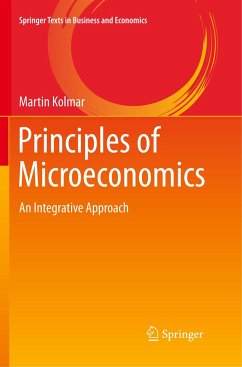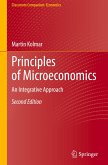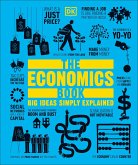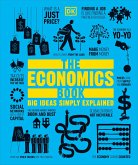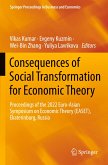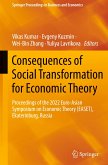This text provides a comprehensive and unique introduction to modern microeconomics. It pursues an integrative approach by putting the main findings of economics into a broader perspective; theories are critically reflected on from a philosophical standpoint and by comparing them to approaches found in the social sciences, while implications for the design of the legal system and business practices are highlighted throughout. In addition, the book presents brief examples and comprehensive case studies to facilitate an understanding of the theories' real-world implications.
Starting from the question as to why and how societies organize economic activity, the book adopts an institutional perspective to analyze the potential and limitations of different market types with regard to alleviating scarcity and achieving distributive objectives.
It not only covers traditional rational-choice models, but also systematically introduces readers to important findings from behavioral economics and psychology.
A companion workbook is available which features a wide variety of exercises, ranging from basic multiple-choice questions to challenging mathematical problems and case study scenarios.
Starting from the question as to why and how societies organize economic activity, the book adopts an institutional perspective to analyze the potential and limitations of different market types with regard to alleviating scarcity and achieving distributive objectives.
It not only covers traditional rational-choice models, but also systematically introduces readers to important findings from behavioral economics and psychology.
A companion workbook is available which features a wide variety of exercises, ranging from basic multiple-choice questions to challenging mathematical problems and case study scenarios.

